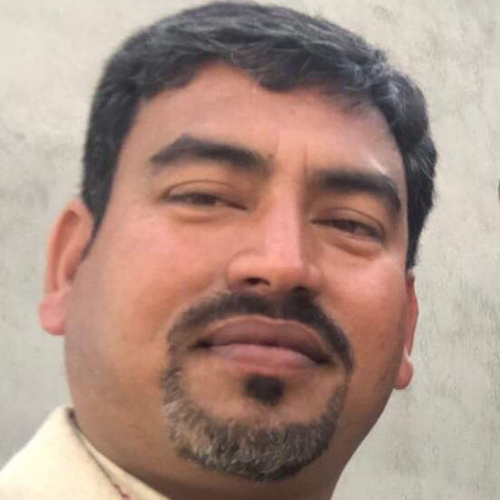National
I never thought I would receive such an honour, says Uma Devi Badi
Born to the formerly untouchable Badi community, in Salyan, Uma Devi Badi has always lived in poverty and discrimination. But today, Uma Devi is a well-known human rights activist who has dedicated her life to advocating for the rights of the Badi community, spearheading many rallies and demonstrations for the rights of the Badi community.
Arjun Shah
Born to the formerly untouchable Badi community, in Salyan, Uma Devi Badi has always lived in poverty and discrimination. But today, Uma Devi is a well-known human rights activist who has dedicated her life to advocating for the rights of the Badi community, spearheading many rallies and demonstrations for the rights of the Badi community.
And on Monday, as the BBC made public its list of ‘100 inspiring and influential women from around the world for 2018’, Uma Devi Badi was ranked at the 10th position for her work in changing the perception people have of the concept of ‘untouchability’.
“I never thought I would receive such an honour,” Uma Devi Badi told the Post on Tuesday. “People born in my community get denied basic rights by the government such as their birth registration. And today I am enlisted as one of the 10 most inspiring and influential women in the world by BBC. I did not believe the news, not until a BBC journalist telephoned me and informed me about it,” she added.
Uma Devi’s fight for equality finally gained traction in 2007, when she led more 500 members of the Badi community from 23 districts, and staged a protest in front of in Singha Durbar, the government’s secretariat in Kathmandu. The protests subsequently paved the way for the rehabilitation and social integration of the Badi people. Bowing to the pressure of the protest, the government signed a 26-point agreement with the agitating Badi people, which brought in some improvements in the livelihoods of the community. Today, she is also a Provincial Assembly member of Sudurpashchim Province under the Proportional Representation quota of the Nepali Congress (NC). “This honour by the BBC is Uma Devi’s biggest milestone in life,” said Nripa Bahadur Oda, mayor of Dhandadhi Sub-metropolis.
The Badi people have for decades been doomed to support their impoverished families through menial jobs, with most of the women having to resort to prostitution to generate income. Traditionally, the male members in the community have earned their living playing musical instruments, while the female members have been dancers, performing at weddings, feasts, and festivals.
For their services, the Badi people were, and still are, mainly paid in food grains and minimal cash. And they have traditionally always moved from place to place, so as to make more money. Uma Devi was born in Salyan, but her childhood was spent moving from one place to another with her family. Because of this nomadic lifestyle, despite getting enrolled in schools, she could not continue her education in one school for more than a few months. It was only when Uma Devi’s family finally reached Tikapur, in Kailali district, that they finally settled down and Uma Devi had a chance to lead a regular life. At one point in life, 30 years ago, Uma Devi also got married to a Brahmin man, but the groom’s family did not accept the relationship because of the caste she belonged to.
However, despite all her efforts, Uma Devi says people of the impoverished Dalit community are still facing several socio-economic problems. The Badi community, which belongs to a Indo-Aryan ethnic group, mainly lives in the most rural parts of western part of Nepal. And they have a host of demands that still need to be addressed by the government, such as: permanent shelter, end prostitution, end untouchability, birth registration, citizenship in the name of mothers, among other issues.




 19.12°C Kathmandu
19.12°C Kathmandu














